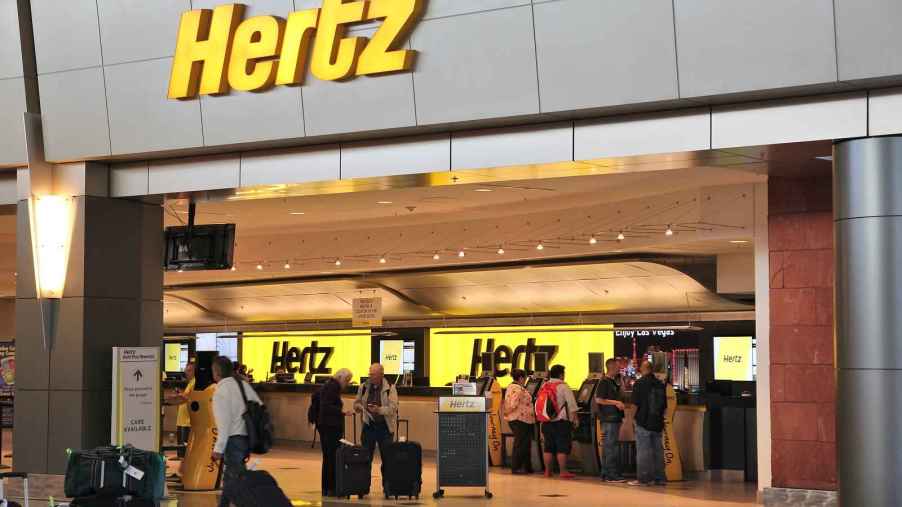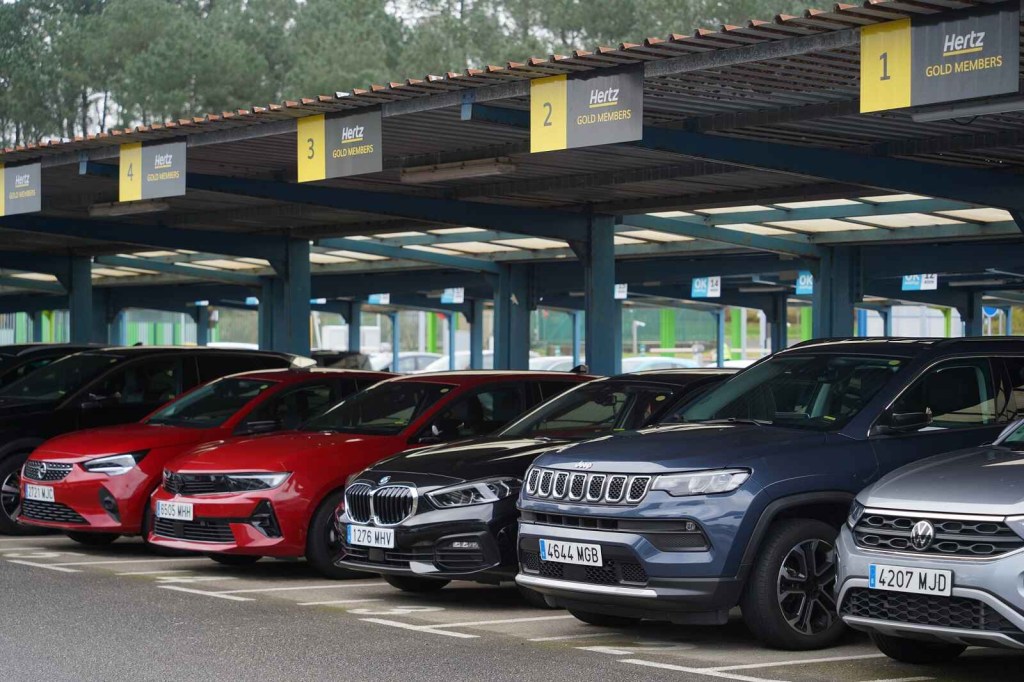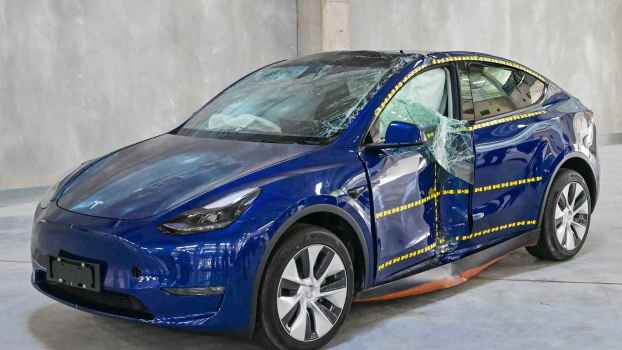
This Isn’t the 1st CEO That’s Steered Hertz in the Wrong Direction
At the end of March, Hertz CEO Stephen Scherr will step down. The executive has resigned in the wake of a series of movements surrounding the rental car company’s purchase of 100,000 Teslas. The investment in EVs proved financially disruptive to the rental car company as it attempted to recover from its 2020 bankruptcy filing. In light of the most recent executive missteps, we’re covering Hertz’s history of CEO slipups.
Former Hertz CEO Mark Frissora
Mark Frissora was CEO of Hertz from 2006 through 2014 until he hopped on as CEO of Caesars Entertainment Corp.
In 2020, the U.S. Securities and Exchange Commission (SEC) charged Frissora with aiding and abetting Hertz’s financial reporting and disclosure violations during his tenure.
The misconduct charges involved Frissora attempting to cover up the company’s shortfalls against financial forecasts through 2013. He allegedly pressured people reporting to him to “find money,” which led to staff making accounting updates that left records inaccurate.
Additionally, Frissora encouraged fleet retention without properly disclosing the tactic. Retaining an aging fleet longer than standard practices without notifying investors is a no-no. The tactic could lead to higher maintenance costs, lower active fleet availability, and less offloading income.
Finally, Frissora endorsed Hertz’s inaccurate messaging of earnings guidance in November 2013. This was despite internal calculations being lower than stated.
Frissora did not admit or deny guilt but agreed to terms including reimbursing Hertz nearly $2,000,000 in bonus and incentive-based compensation.

Former Hertz CEO John Tague
John Tague entered the scene in November 2014 as Mark Frissora went to Ceasers. He indeed inherited a problematic fleet, which had aged beyond the normal retention period.
However, Tague’s strategy moved Hertz farther away from consumer wants. Rather than properly reading the room, Tague kept the majority of Hertz’s fleet in the sedan class while Americans were adopting more and more SUVs as their preferred mode of transportation.
It wasn’t an illogical move. We can assume this was due to the expense comparison between classes. Sedans are cheaper to buy, more fuel efficient, and less costly to repair and maintain.
He stepped down in January 2017, just after his two-year mark.
Hertz filed for bankruptcy in May 2020, citing the pandemic’s effect on travel demands. Knighthead Capital Management and Certares Management would take new ownership of Hertz.
CEO Stephen Scherr helped Hertz adopt too many EVs too quickly
In February 2022, Hertz announced Stephen Scherr would join as CEO and board member. The company had already announced it would have a 100K-unit Tesla fleet and would place orders with Polestar by the end of that year.
Since acquiring the 100,000 EVs, Hertz has seen dramatic expense increases. Customers aren’t big on reserving them. Collision repairs are more expensive than its ICE fleet. When Tesla announced price reductions for the newest Model 3 and Model Y, EV fleet resale value took a large hit.
The company recently reported its largest quarterly loss since the pandemic. In January, Hertz announced it was cutting its EV fleet by 20,000 units. Three months later, Stephen Scherr will be replaced by Gil West.
Gil West takes over as Hertz CEO in April 2024
GM recently laid West off as it answered to allegations of withholding information about its self-driving Cruise robotaxi that struck a pedestrian. West was the CEO of GM’s Cruise unit.
We’ll have to see how West does; this is no easy role, considering the above-mentioned circumstances. Automotive market conditions continue to make leading any industry operation a challenge, but some prove more successful than others despite obstacles.





